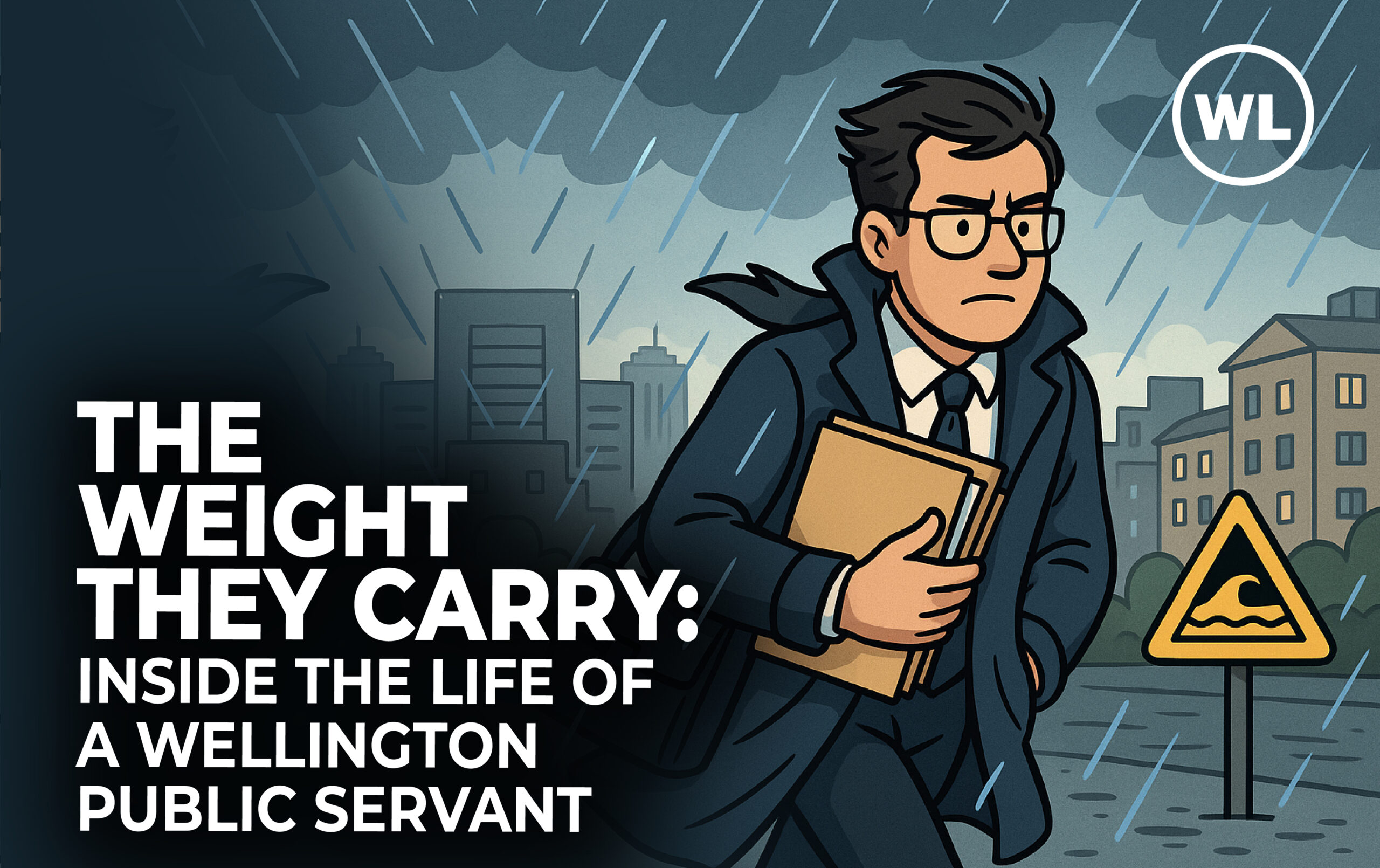As Wellington’s trusted voice, One Network Wellington Live brings you urgent news about our community’s safety. The police plan to step back from mental health callouts is alarming. Without a solid replacement, this move is risky and dangerous. Mental Health Foundation leader Shaun Robinson says it clearly: pulling police now is irresponsible. We agree. Wellington deserves better.
Every seven minutes, New Zealand police receive a mental health call. That’s 11% of all their calls. For many, dialling 111 is the first step in a crisis. People turn to police when they or loved ones face distress. The alternative, local mental health crisis teams, often lacks capacity. Police play a vital role. They ensure safety and connect people to support during tough times. Their work saves lives.
However, police will soon reduce their role in mental health crises. A five-year transition plan, started last year, aims to shift this work to health services. In theory, this makes sense. Police aren’t trained mental health experts. Their presence can sometimes scare people in distress, making things worse. A health-led response could be gentler and more effective. But here’s the problem: no alternative system exists yet. Without one, pulling police is reckless.
Wellington’s mental health services are stretched thin. Staff shortages grow, and emergency departments are overwhelmed. Expecting these services to fill the gap is unrealistic. About 70,000 New Zealanders rely on police for crisis support each year. These are vulnerable people who need compassion, not uncertainty. Until a new system is ready, police must stay.
The government can fix this. Police Minister Mark Mitchell and Mental Health Minister Matt Doocey hold the keys. Yet, no clear plan or funding exists. Vague promises won’t cut it. A proper response needs trained professionals like mental health workers, paramedics, and peer support teams. These responders can calm crises without force. Trials in New Zealand and abroad prove this works. But building this system takes time—three to five years, at least. Rushing the police exit now puts lives at risk.
Look at the UK. Their police also stepped back from mental health calls. But their government invested £1 billion yearly to make it work. They funded mental health ambulances and crisis cafes—safe spaces for people to get help. New Zealand has no such plan. Without serious investment, Wellington faces confusion and danger. Already, people call police, who direct them to mental health teams, who send them back to police. This back-and-forth is a recipe for disaster.
At One Network Wellington Live, we see the human cost. Families in crisis need clarity. Police need guidance. Mental health services need support. Until a funded, detailed plan is in place, police must keep responding. Anything less is unfair to our community.
The Mental Health Foundation has launched a petition. It demands Police Minister Mitchell halt the withdrawal until a new service is ready. It also calls on Minister Doocey to share a clear, costed plan for this transition, including Budget 2025 funding. This is a reasonable ask. Wellington’s safety hangs in the balance.
For now, if you or someone you know faces a mental health crisis, don’t hesitate. Dial 111 if safety is at risk. You can also contact your local mental health crisis team. Helplines are listed at www.mentalhealth.org.nz/help. These services are there for you.
Wellington thrives when we care for each other. Police are not perfect for mental health crises, but they’re what we have. Until a better system is built, they must stay. Let’s demand a plan that keeps our community safe. Join the petition. Raise your voice. Together, we can ensure no one falls through the cracks.
This issue matters to every Wellingtonian. By acting now, we protect our most vulnerable. Let’s tell the government: stop the police withdrawal. Fund a proper mental health response. Our city deserves nothing less.
TRUTH SEEKER
Instantly run a Quiz with friends... about the article. Interact more & analise the story. Dig in, catch out biased opinions, and "fact check" with TRUTH SEEKER by ONENETWORK WELLINGTONLIVE 👋
Do you agree with the main argument of this article?
Total votes: 8
What percentage of New Zealand police calls are related to mental health?
Bias Analysis
Fact Check Summary
False. The article mentions that no clear plan or funding exists for the transition.
Source: Article
True. The article states that the UK government invested £1 billion yearly for mental health ambulances and crisis cafes.
Source: Article








